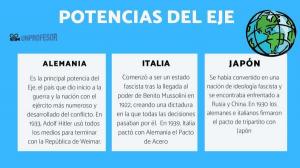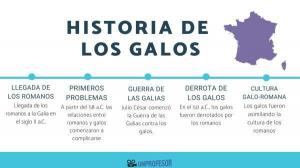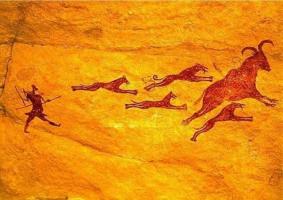Summary of the main THEORIES of the ORIGIN of LIFE

Image: blogger
Undoubtedly, one of the most asked questions throughout the centuries and that still remains a question today is the origin of the universe. In this lesson from a TEACHER we bring you a summary of theories of the origin of life, where we will try to explain the different scientific and religious positions on this great question that today does not seem to be an answer.
Index
- Abiogenesis, one of the theories of the origin of life
- Creationism
- Panspermia
- Theory of the origin of life from water
- Glacial theory of the origin of the world
- Chemical evolution
Abiogenesis, one of the theories of the origin of life.
Also known as the "theory of spontaneous generation". Comes from Aristotle, a philosopher who defended the possibility of the existence of some materials that by themselves could generate life thanks to climatic conditions, as is the case of the egg, hence the question "What came first the chicken or the egg?".
This defended that the first element that existed on earth was the egg, originating the first living beings. In the same way, he defended the appearance of worms in abandoned corpses, or the appearance of rodents in organic remains.
It was a highly acclaimed theory for several centuries, although it is true that the Church contested it from the beginning, the most famous studies being those carried out in the seventeenth century, where, For example, Francisco Redi, placed several pieces of meat in different cans: the first closed it completely, the second covered it somewhat and the third left it open, being the pieces equal.
To give itself spontaneous generation, the same had to happen in all three but only in the open it was plagued with insects.

Image: friends forever
Creationism.
Continuing with the summary of the theories of the origin of life, we must focus on a philosophical doctrine that appeared in the 18th century (although it already came from before) in which it is stated that only an entity superior to humans it could have created life. It is the explanation of the creation of the world according to the Bible that is part of the Christian current.
The only fault with this current is that do not accept that species have evolved throughout the centuries, so they think that, since they were created, the species are the same and that each time one of these became extinct, a new one created by the divine being appeared.
To this day, this current continues to have followers, although it is very close to very religious communities. sectarians who deny any scientific advance because they believe they go against religious morality and therefore God.
In this other lesson we offer you a summary of The Origin of Species, Darwin's book that inaugurated creationism.

Panspermia.
Now we have to take a leap to the 19th century, a time when a new scientific thought appeared in which it was noticed that life did not originate on our planet, but somewhere in the universe and that reached ours thanks to some Extremophilic bacteria, which were found in comets and asteroids that run throughout the universe.
This theory was made by S.A. Arrehenius and since then it has been studied by a great infinity of researchers. Amino acids have been found in some meteorites, being able to accept a possible entry of organic matter into the planet, although to this day, it is still not recognized as a fundamental element for the creation of life on the planet Land.
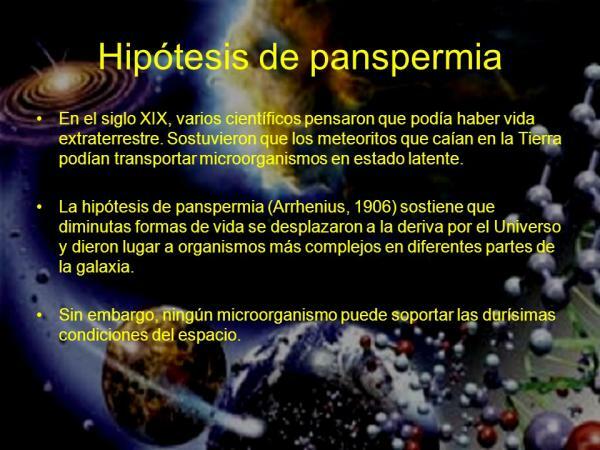
Image: Emaze
Theory of the origin of life from water.
There is another theory about the origin of life that indicates that everything could have started in underwater waters where there was hydrothermal respirators. Here, hydrogen-charged molecules would have been released, which were the key elements for life to appear on our planet.
This type of training would have a large concentration of hydrogen molecules and, therefore, it would provide the basic minerals to be able to start the reactions. In fact, at present, these underwater formations exist and are responsible for the existence of life in certain aquatic ecosystems.
Glacial theory of the origin of the world.
Another of the theories being considered is that about 3.7 billion years ago our planet Earth was in glaciation period and therefore completely covered with ice. The oceans were totally frozen because the Sun illuminated only a third of what it illuminates us today.
According to this theory, the ice sheet that covered the planet could protect organic compounds and, therefore, allow the molecules to resist more. This, over time, was able to develop different reactions that promoted the appearance of life on Earth.
Chemical evolution.
To finish the summary of the theories of the origin of life we will talk about the theory of Oparin and Haldane which states that since the atmosphere was composed of a large amount of hydrogen and a small amount of oxygen, in addition to various gases that found combined with these two main ones, they were irradiated by ultraviolet radiation from the sun, which made a series of chemical reactions that led to the formation of organic molecules, as for example is the case of amino acids or sugar.
According to this theory, the molecules passed into the aqueous medium, that is, to the oceans where they were sheltered from the large radiation from the sun, since the atmosphere had not been formed as such and therefore the passage of these was enormous, enough so that living beings could not exist.
It was in the depths of the oceans, therefore, where life would originate. It will be there where the so-called prebiotic molecules, the most distant ancestors of life on earth.
This is the most accepted theory by all researchers since it gives answers to many of the questions that are asked today in research circles.
However, it is very possible that over the years new more or less eccentric theories will appear that can change our way of seeing the world, since science advances by leaps and bounds.
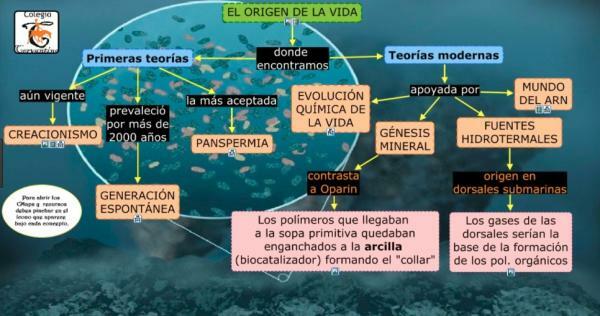
Image: IHMC Public Cmaps
If you want to read more articles similar to Summary on theories of the origin of life, we recommend that you enter our category of Story.

